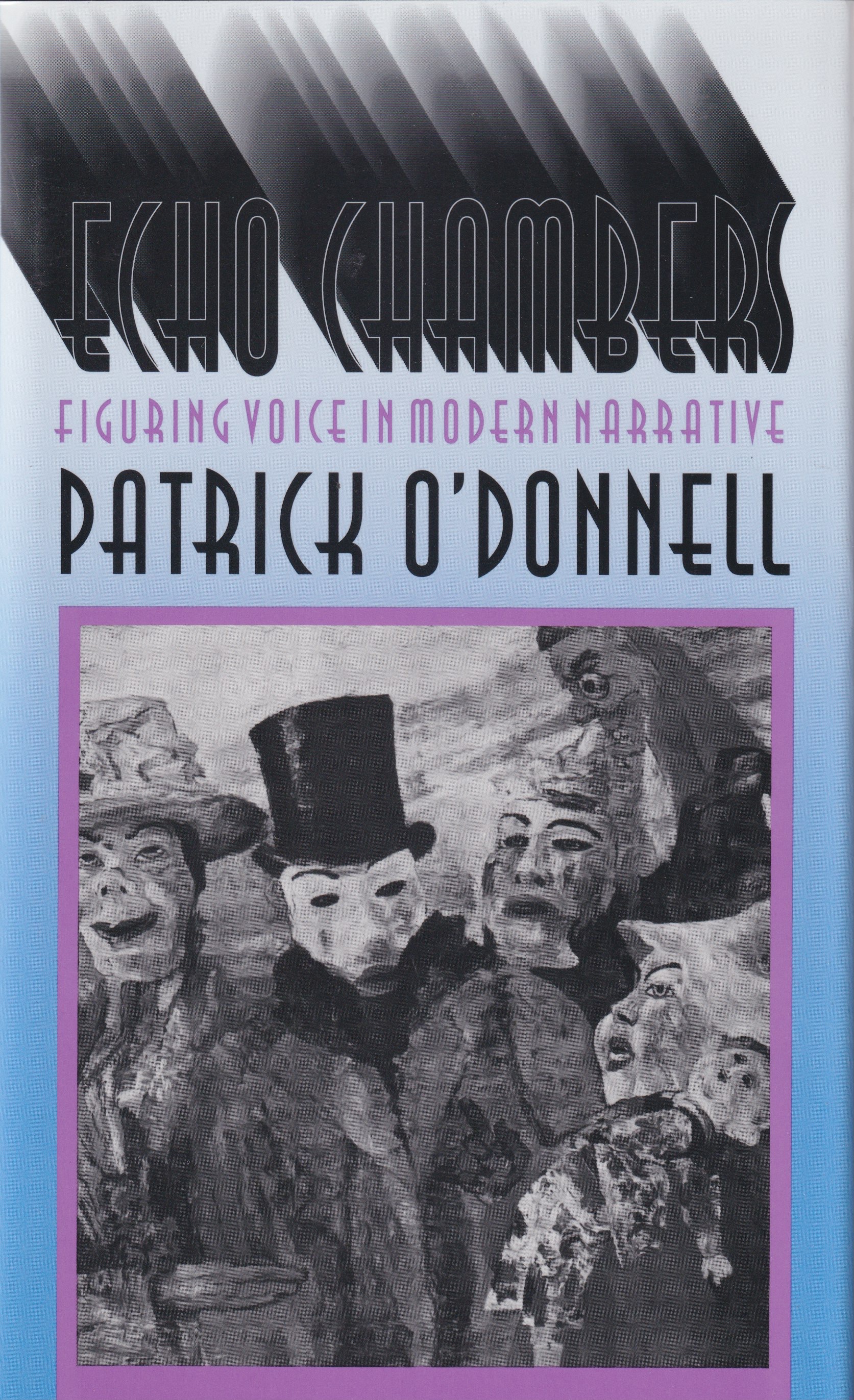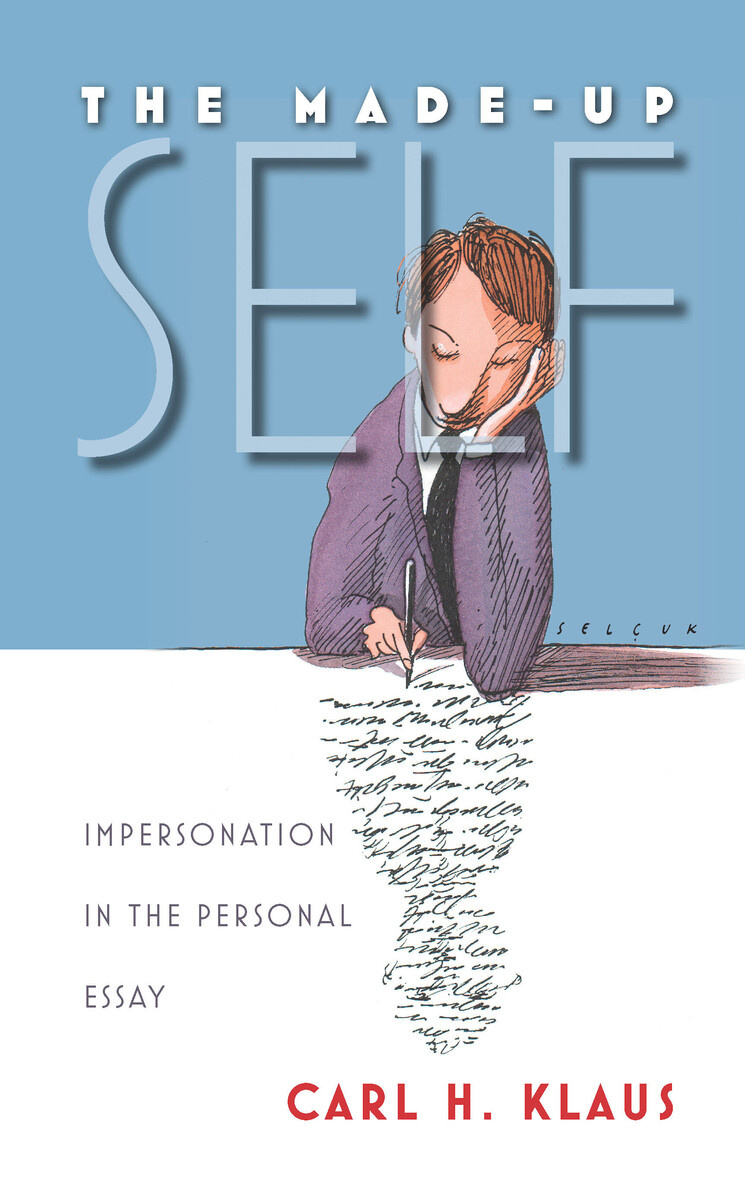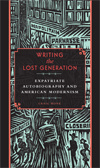Echo Chambers provides an illuminating discussion of the representation of “voice” in novels by Dickens, Joyce, Faulkner, Lowry, and Gaddis. Focusing on the paradoxes of “voice” as an indication of how different authors understand the contradictions of “identity,” O'Donnell charts the recent history of subjectivity as reflected in the development of modern fiction. With strong theoretical underpinning—O'Donnell skillfully utilizes the theories formulated by Bakhtin, Derrida, Bersani, De Man, Deleuze, and Guattari, among others, and the semiotics of voice put forth by Julia Kristeva—Echo Chambers shows how identity is inherently contradictory, conflicted, and multiple.
Because speech originates in the body, O’Donnell argues, it may be disrupted by discontinuities that give evidence of the corporeal being of the speaking subject, situated in a body which is gendered, desiring, with enduring prelinguistic identifications and conflicts. Scrutinizing what Kristeva calls the “subject on trial” in five modern novels by male authors—a trial conducted both thematically and figuratively in Our Mutual Friend, Ulysses, Absalom!, Under the Volcano, and JR—O’Donnell suggests that the engendering of identity in these novels is troubled by the corporeality of the body, which “comes before” voice, the formation of the self, and the constructions of gender. In O’Donnell’s view, such modern trials of subject are particularly conflicted in the novels he discusses, where the projections of male, authorial identity are at odds with the figurations of voice which confound the positioning and formation of the gendered “self.”
This insightful volume compellingly demonstrates that “voice” is a revealing (because contradictory and heterogeneous) site where language, the body, culture, and subjectivity meet. Echo Chambers makes an important contribution to the study of modern literature, the semiotics of identity, and cultural poetics as they are informed by the projections of voice in modern narrative.
“This is an important book. It will be a welcome contribution to the theory of voice and identity as well as to the history of modern history.”—Paul B. Armstrong


